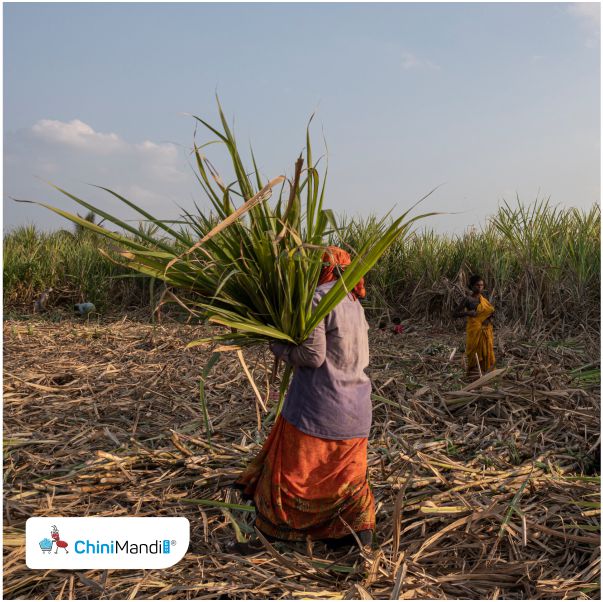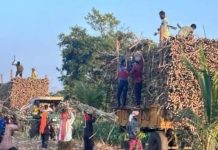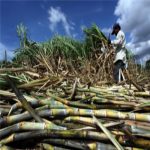Chandigarh, Punjab: Farmers across parts of region are grappling with a growing menace of wild boars invading their fields, causing significant damage to sugarcane crops. The animals, often arriving in large groups during the night, have become a major source of concern, particularly in regions like Malwa, Kandi, and the border belts, reported The Times of India.
A farmer from Rode village in Moga shared his plight, stating that wild boars had recently destroyed his crops. He fears similar devastation during the maize planting season in February. “It’s impossible to scare them away. They attack in hordes, leaving a trail of destruction,” he said.
Another farmer voiced frustration over the cumbersome process of obtaining permission to cull the animals. “I filed a complaint with the wildlife department last year, and they suggested hiring a hunter. However, getting approval from the sub-divisional magistrate is a lengthy procedure, and the boars attack in the dead of night, causing more damage than they consume. If confronted, they can become aggressive,” he explained.
Sugarcane farmers in Abohar and surrounding villages like Maujgarh and Panj Kausi have also been severely impacted. Many of them, having recently transitioned to sugarcane farming, are finding their efforts thwarted by frequent wild boar raids.
Abohar MLA, Sandeep Jakhar, highlighted that the problem has intensified over the past 4-5 years. “This is a new challenge for farmers here. The frequency of attacks has left them anxious and unsure of how to protect their crops,” he said.
Chief Wildlife Warden of Punjab, Dharminder Sharma, acknowledged the problem and mentioned that a mechanism is in place for obtaining permits to kill wild boars and blue bulls. The state government is also offering compensation for crop damage. “While no formal survey has been conducted, the wild boar population appears to have stabilized due to an increase in leopards,” he said.
Regions like Ropar, Anandpur Sahib, Ferozepur, Patiala, Sangrur, and areas near the Shivalik foothills are among the hardest hit. Farmers, however, remain sceptical about the effectiveness of current measures and are calling for more practical and immediate solutions to safeguard their livelihoods.
















